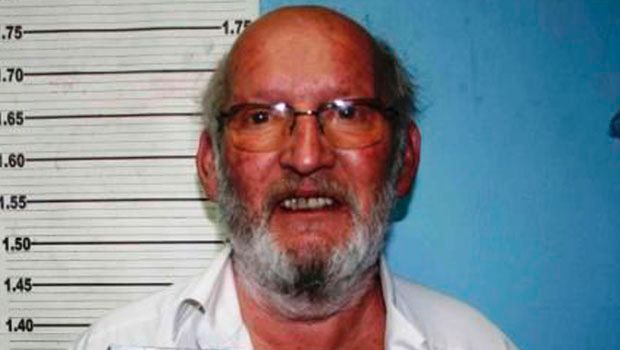PIP founder is wanted for drunk-driving
 Jean-Claude Mas, the founder of Poly Implant Prothese (PIP), is believed to be a former butcher who is wanted for a drunk driving incident that occurred a few years ago.
Jean-Claude Mas, the founder of Poly Implant Prothese (PIP), is believed to be a former butcher who is wanted for a drunk driving incident that occurred a few years ago.
PIP is in the centre of an international row as the breast implants produced by the country are suspected of having links to the risks of cancer and of being prone to rupture and leakage.
The man had been a butcher before setting up his French lab in 1991 and is wanted by the Interpol. The police in Costa Rica have said that he is wanted for a "very serious" 2010 driving offence and faces up to three years of jail sentence.
Former employees of PIP have been summoned before a judge in Marseilles to answer the accusations of "aggravated falsehoods." The authorities in France have advised more than 30,000 women to remove breast implants, which are believed to be linked to risks of cancer and may cause harm to their health.
The government also pointed out that there is no evidence that suggests that implants are linked to the risks of cancer. However, Women have been advised to consult their surgeons. It is believed that more than 30,000 women in France, 40,000 women in the UK as well as thousands of women in other countries are affected.
The breast implants produced by French firm Poly Implant Prothese (PIP) were banned after it was found that they were linked to non-medical grade silicone filler. The French government will reimburse women who got the implants after reconstructive surgery.
In the UK, The Medicines and Healthcare products Regulatory Agency (MHRA) has said that it has not found any safety issues with the implants. several women in the UK are planning to take legal actions against the clinics where they underwent surgery to get implants. About 250 women in the UK are planning to sue clinics that used implants that were produced by French firm, Poly Implant Prostheses (PIP). Some researchers in the UK have assured that there is not need for the women to get them removed as they are not linked to risks of cancer.